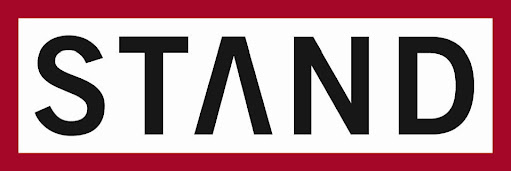Stand’s Darfur Digest is a monthly report which contains analysis on current events relevant to the crisis in Darfur and offers a unique Canadian perspective. It chronicles developments in four areas: Canadian politics, the security situation, negotiations and engagement, and humanitarian affairs.
------------------------------
I. Executive Summary
Canadian Politics and Darfur: Newly-appointed Foreign Minister Lawrence Cannon issued a statement supporting the Government of Sudan’s announcement of a unilateral ceasefire in Darfur. There was no mention of Darfur in the Speech from the Throne. Defence Minister Peter MacKay hinted that Canadian troops could still play a role in Afghanistan after the 2011 end-date for the mission, but if not, Canadian Forces could be called to participate elsewhere in the world.
Security in Darfur: The security situation in Darfur came under international attention in November as Sudanese President Omar al-Bashir announced a ceasefire in the region. Despite this, days after the ceasefire announcement there were reports of bombings and UNAMID peacekeepers being attacked. The Indonesian Formed Police Unit (FPU) conducted its first confidence building mission to Internally Displaced Persons (IDP) camps in Northern Darfur.
Negotiations and Engagement in Darfur: The ICC Prosecutor presented evidence against three rebel commanders for their role in the September 2007 attack against peacekeepers in Darfur. The Arab League and the African Union called on the UN Security Council to suspend the July 2008 ICC charges against al-Bashir. However, the Bush administration has stated that it will veto the effort. In mid-November the Sudanese government called for a ceasefire. This ceasefire, however, was short lived as rebel groups accused the government of attacking an area in northern Darfur. One of the rebel groups (JEM) demanded direct talks with Khartoum and said it would not go to a planned peace conference in Qatar if it involved a large number of Darfur's fractured insurgent movements.
The Humanitarian Situation in Darfur: The United Nations launched the 2009 Work Plan for Sudan in November, valued at $2.2 billion, but a global recession could make it hard to attract the necessary money. On the ground, aid workers fear that Darfur IDP camps will breed long-term dangers, as frustration mounts among the civilian population and violence hampers humanitarian work. A recent UN investigation uncovered that Sudanese officials are working with Chadian rebel forces against the aid community. Meanwhile, dry roads means more access for aid vehicles to reach isolated populations, while the UN relief chief visited Darfur at the end of November.
II. Policy Recommendations
1. Build on Canada's recent commitments to Darfur by appointing a Special Envoy to the region. A Special Envoy could strengthen Canadian policymaking on Darfur in three key ways: 1) providing the world with a public face for Canada's efforts on Darfur, 2) providing a presence on the ground in Sudan, and 3) coordinating an integrated “all of Sudan” approach to Canadian peacebuilding. Specifically, a Special Envoy could play a key role in assisting efforts of the Darfuri rebel groups to form a unified and coherent bargaining position, a critical success factor for renewed negotiations.
2. The Canadian government should pursue targeted divestment from Sudan conditioned on the Sudanese government's cessation of atrocities in Darfur and active engagement in the peace process.
3. Canada’s mission to the UN should engage more actively in multilateral diplomacy at the UN to bring renewed prominence to the Darfur issue internationally and rally greater international support for conflict resolution efforts.
Please forward this to other people interested in making a difference for the people in Darfur.
To receive a copy of the Digest, feel free to send me an email at itemple@standcanada.org.jpg)



No comments:
Post a Comment